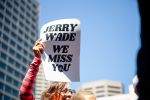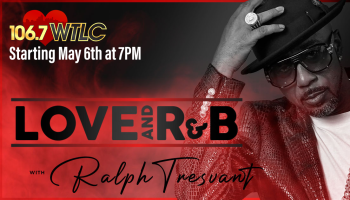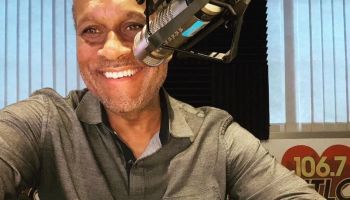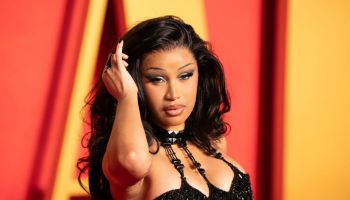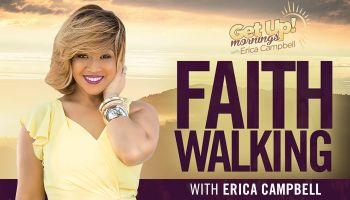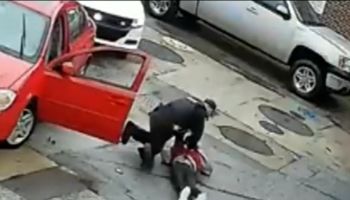By Bob Kravitz Indystar.com
When Gordon Hayward shares his decision Friday to leave Butler and remain in the NBA draft, it won’t be a surprise. The decision has been made in his mind for some time now, and after hearing from agents and NBA personnel people, a process his father, Gordon Sr., handled, those convictions have been strengthened.
Goodbye, Butler.
Hello, brave new world of the NBA.
Let the should-the-Pacers-draft-Hayward debate begin.
“We’ve been hearing a lot of the same things you guys have,” Hayward said Wednesday after the first of his two-a-day workouts with trainer Ed Schilling at Traders Point Church in Whitestown. “Somewhere between No. 10 and 20. It could go up or down a little bit based on personal workouts or the predraft camp, but that’s what we’re being told.”
Ready or not, he’s gone.
Why not?
This is his dream. It has been since his body took him from a forgettable guard to a multiskilled forward who can handle the ball and shoot like a much smaller player. The NCAA Tournament changed everything for him, just as it altered former Lawrence North High School guard Mike Conley’s plans three years ago. Hayward wasn’t just the Horizon League Player of the Year, but in the tournament, he found out he could perform on the big stage against the best college players in the nation.
Then the volume of those NBA whispers got turned up, and Hayward, along with his family, felt it was time.
“I’m pretty ready,” Hayward said. “My mind’s pretty made up, and it’s been made up for a while now, at least since talking to my dad about it after the (college basketball) season. I’ve never really wrestled with it, at least in a pure basketball sense; it was no decision for me.
“My only concern would be the transition — going from dorm life and hanging out with teammates, who are my best friends, the same age, they like the same things that I do — to a business, a job. Certainly, it’s going to be a lot of fun. Not many people get to play basketball for a living. But at the same time, you’re traveling, living on your own. Those are the only things that concern me, but I’m excited about that, too.
Hayward received plenty of unsolicited advice the past few weeks, especially in e-mails and on his old Facebook page, which he finally took down and changed so only friends had access to it. To no one’s surprise, it has been running 90-10, the vast majority telling him to stay put.
“A lot of people think they know what’s best for me,” he said without a trace of bitterness. “It’s really kind of funny. Ninety percent have been, ‘Please stay, you need to stay, you ought to stay, I want you to stay,’ but I’ve gotten some from people who say, ‘I’ll support you no matter what you do.’ ”
Some of that unsolicited advice has come from this corner, and my opinion today is the same as it was during the tournament. He’s ready to get paid in the NBA — a first-rounder gets a two-year guaranteed deal that often stretches to four, worth millions — but I don’t think he’s ready to play in the NBA. He’s a bit of a project, still getting comfortable in his relatively new body, still figuring out how to assert himself all the time, and not just when the spirit moves him.
If I was his adviser, I’d tell him: You’re a 10 to 20 guy this year; you could be a top-five guy next year, and you would be very close to NBA-ready at that point.
That said, I can’t criticize the decision and won’t criticize it. I get it. There’s another side to the argument, and it’s a persuasive one.
First, he gets to start the clock on his second contract and his pension one year earlier.
Second, the NBA’s collective bargaining agreement ends after the 2011 season, and there’s a lot of talk about a potential lockout. “It’s a factor, not a big one for me, but it’s definitely a factor you look at,” he said.
Third, there’s risk. What if Greg Oden was still at Ohio State when he injured his knee? Hayward said Wednesday, “I don’t think you can make a decision based on fear. You can blow out an ACL walking down the street.” That’s all true, but there are certain financial-risk assessments that must be made.
Those, though, are issues for his parents and the agent they choose. For Hayward, this has little to do with money and everything to do with realizing a dream. This is what he wants to do. He gets to start doing it sooner rather than later. It’s not very complicated.
The only downside is the process: The NCAA, working in the best interests of college coaches and not the athletes (surprise!), this year shrunk the time potential draftees could dip their toes into the NBA waters.
In the past, players who declared for the draft could withdraw as late as 10 days before the draft. That meant they could participate in pre-draft camps, including the big one May 19-23 in Chicago.
Now, they have just two weeks to do their due diligence, including getting surveys from NBA personnel people on their draft status.
If I were new NCAA president Mark Emmert, I would read the following paragraph closely.
“It would be really good for a lot of players if there was more time,” Hayward said. “(The) May 8 (deadline) comes up really fast. It would be great to get a chance to go to the NBA combine and play against other players, not only to see how you compare, but to think, ‘Is this what I want to do?’ You know, the travel, the atmosphere. It would be really good for guys in my situation.”
Since finishing finals at Butler last week, Hayward, along with some other college players from around the country, have spent their mornings with Schilling, then gone to St. Vincent Sports Performance in Indianapolis for a slice of fitness boot camp with director Ralph Reiff.
Friday at Butler, he will make it official, and in June, he will become an NBA employee.
Ready or not, there he goes.


